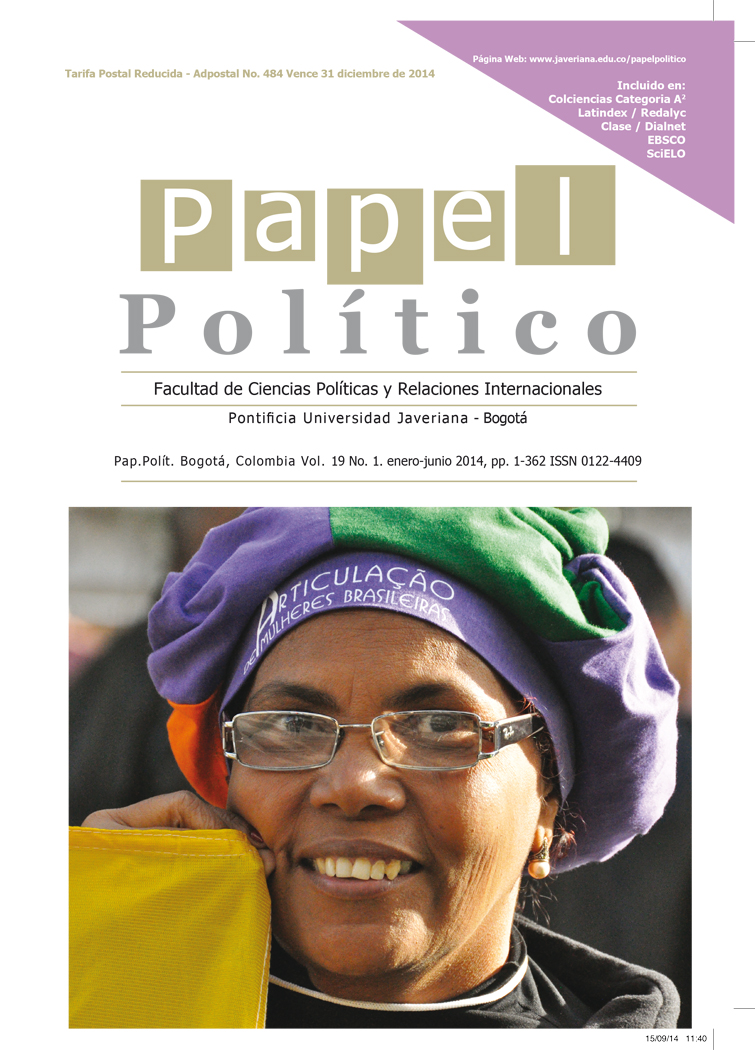Resumen
Este artículo examina el papel de Alemania comoun actor fundamental en el marco de cooperacióninterregional para la implementación de la Ley deJusticia y Paz y en general sobre el proceso de pazen Colombia. Así pues se parte de la descripciónde los principios orientadores de la política exterioralemana. Igualmente, se realiza un esbozode los principales programas de cooperaciónalemanes que han sido creados e implementadosen Colombia a partir de las experiencias detransición de las dictaduras nazi y comunista hacia la paz y democracia. Finalmente, se concluyeque Alemania, de acuerdo con su políticainternacional, fomenta una salida negociada alconflicto armado y en ese sentido se ha ocupadode consolidar proyectos de cooperación y apoyoa Colombia, los cuales se han convertido enherramientas trascendentales no sólo para laaplicación de la Ley de Justicia y Paz sino tambiénpara construir un escenario de paz duradera.Esta revista científica se encuentra registrada bajo la licencia Creative Commons Reconocimiento 4.0 Internacional. Por lo tanto, esta obra se puede reproducir, distribuir y comunicar públicamente en formato digital, siempre que se reconozca el nombre de los autores y a la Pontificia Universidad Javeriana. Se permite citar, adaptar, transformar, autoarchivar, republicar y crear a partir del material, para cualquier finalidad (incluso comercial), siempre que se reconozca adecuadamente la autoría, se proporcione un enlace a la obra original y se indique si se han realizado cambios. La Pontificia Universidad Javeriana no retiene los derechos sobre las obras publicadas y los contenidos son responsabilidad exclusiva de los autores, quienes conservan sus derechos morales, intelectuales, de privacidad y publicidad.
El aval sobre la intervención de la obra (revisión, corrección de estilo, traducción, diagramación) y su posterior divulgación se otorga mediante una licencia de uso y no a través de una cesión de derechos, lo que representa que la revista y la Pontificia Universidad Javeriana se eximen de cualquier responsabilidad que se pueda derivar de una mala práctica ética por parte de los autores. En consecuencia de la protección brindada por la licencia de uso, la revista no se encuentra en la obligación de publicar retractaciones o modificar la información ya publicada, a no ser que la errata surja del proceso de gestión editorial. La publicación de contenidos en esta revista no representa regalías para los contribuyentes.


